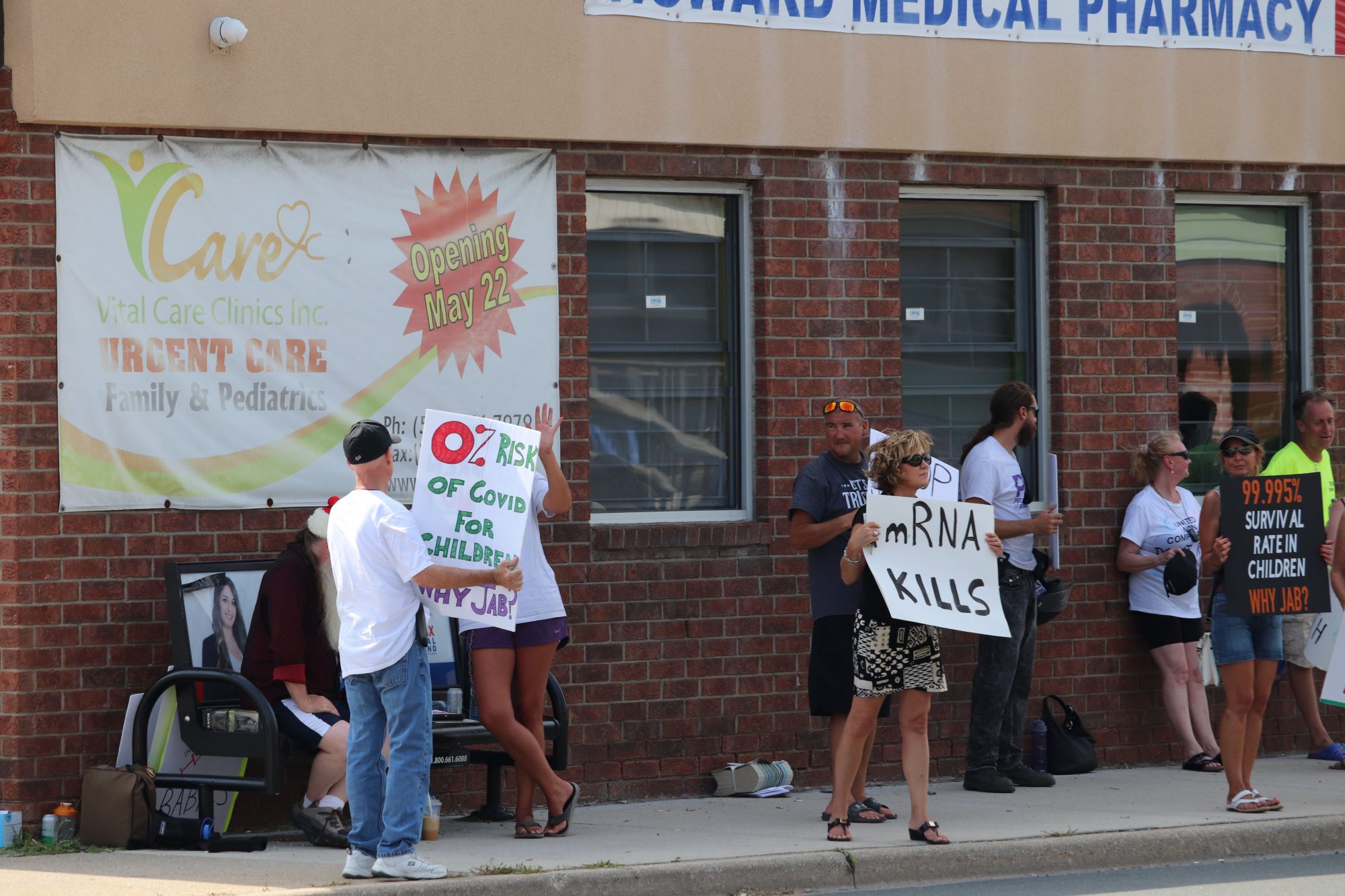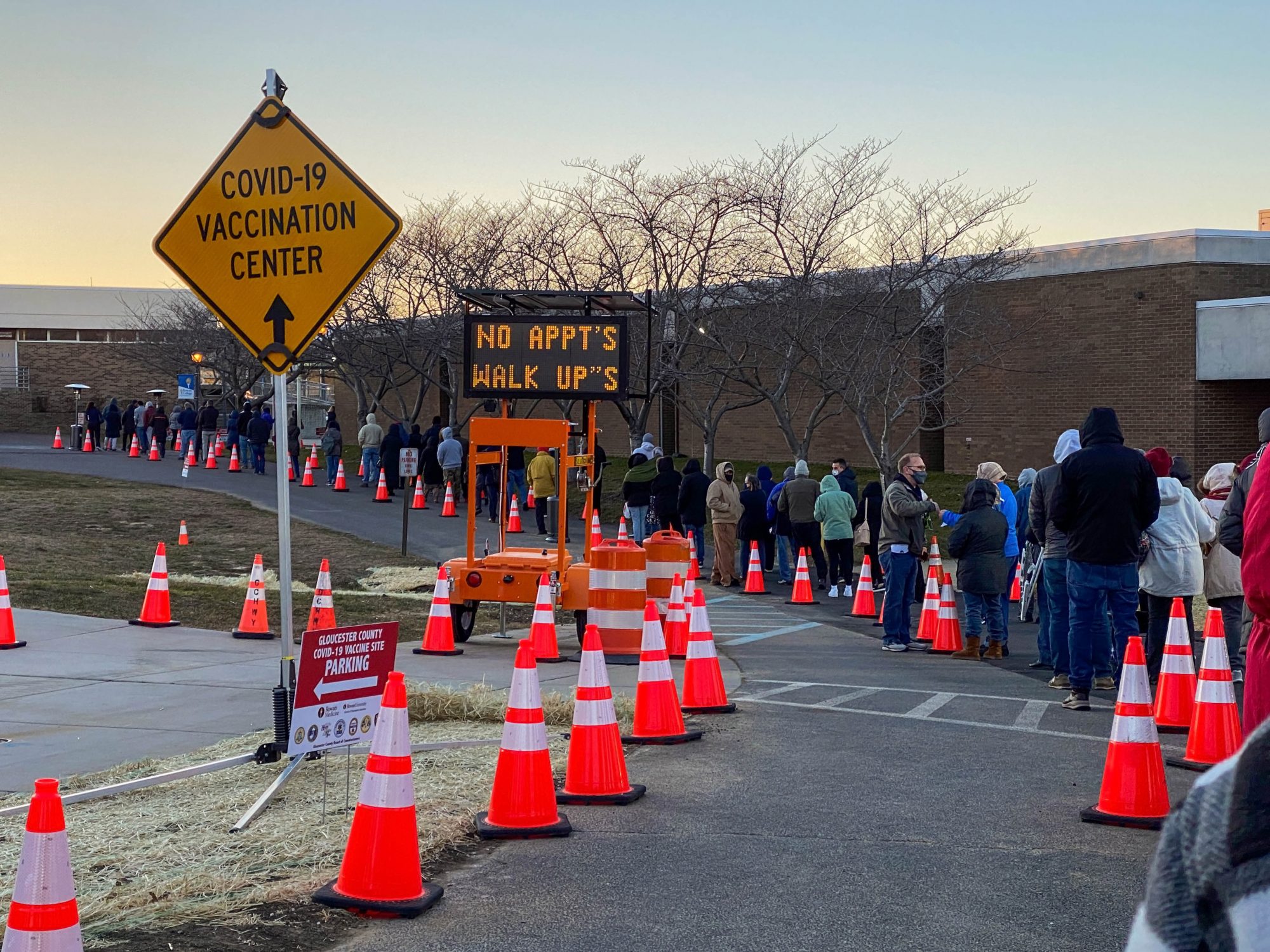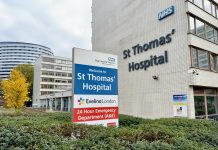Republicans and Black people are most hesitant to get the COVID vaccine as a result of misinformation, access to healthcare and even medical racism
According to a study by Arun Pallathadka, a Ph.D. student in PSU’s Earth, Environment and Society’s program, and Heejun Chang, professor of geography, Republicans and Black people are more hesitant to get the COVID vaccine in the U.S than other demographics.
Pallathadka and Chang conducted a spatial analysis of vaccination data at the county level across the U.S. to identify the social, ecological and technological factors impacting vaccine rates.
Do all Republicans think the same?
The findings suggest not.
Although vaccine hesitancy remains strong across many Republican strongholds in the U.S., especially in the Mountain States, Southwest and the South; in the Northeast, many Republican counties in the Virginias, New Jersey and New England states such as Maine and Vermont show higher vaccination rates.
“REPUBLICAN POLITICIANS ARE SPREADING MISINFORMATION”
Research has shown that Republican hesitancy to receive the COVID vaccination stems, in part, from the misinformation spread by politicians.
In the Northeast and in New England states, it looks as though Republicans are more moderate or libertarian and differ on the issue of COVID vaccines.

Why are Black people sceptical about vaccination?
The study demonstrates that the U.S. Black population, particularly in the South, Mountain States, Southwest as well as the Pacific Northwest, is hesitant to receive the COVID vaccine.
Prior research has suggested that this is a result of a combination of factors, including:
- Lack of healthcare access
- Medical racism
- Misinformation
The most highly educated demographics are most likely to get the COVID vaccine
Pallathadka and Chang also report that level of education is a key factor that influences attitudes towards the COVID-19 vaccine.
According to their research, the most highly educated demographics are more likely to get vaccinated.
In urbanised parts of the U.S., individuals have higher rates of education and vaccination whereas, in less urbanised areas where educational attainment is much lower, like counties in the South, Southwest and Mountain States, vaccine hesitancy is high.
Access to broadband internet and health facilities also play a part. For example, populations with access to both of these facilities per 10,000 residents are also positively linked to vaccination rates.
What can public health officials do to boost vaccination rates?
A regional approach may better serve vaccination efforts than a universal approach, say the authors of the study.
“Public health officials and policymakers need to recognise that space matters to COVID-19 vaccination efforts,” Pallathadka concludes.
“This study demonstrates how spatially explicitly health policies are required to boost vaccination rates, especially targeted towards significant local factors we have emphasised in the study.










